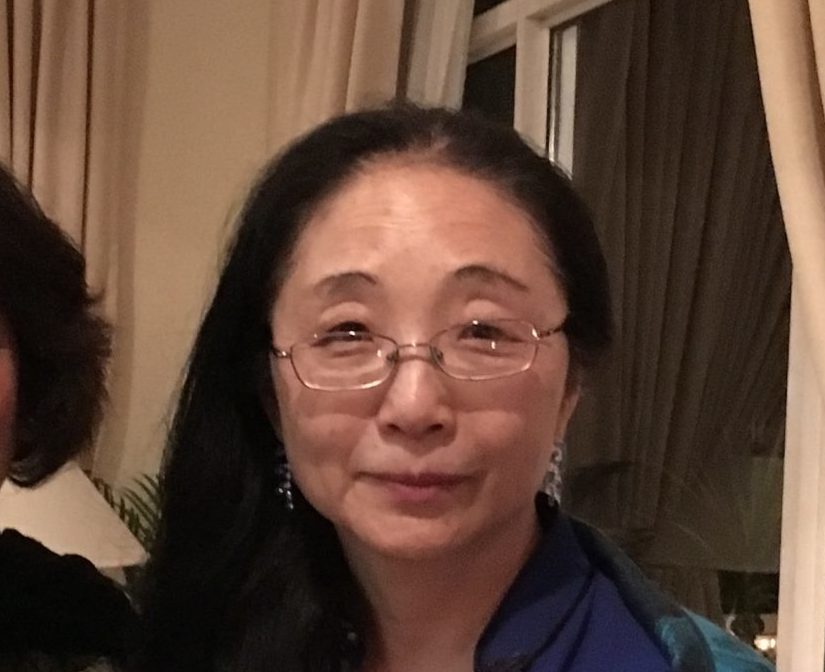Wei Li
Professor of Asian Pacific American Studies and Geography, Arizona State University

Education: Ph.D. in Geography (University of Southern California), M.Sc. in Geography (Peking University), B.Sc. in Geography (Beijing Normal College)
What attracted you to a career in education?
My parents worked at Chinese universities as aprofessor and administrator, respectively, and I grew up at their university campuses in Beijing and had always thought education was my destiny. My path to become a university professor, however, took a number detours. I became a ‘set-down youth’ after high school in China, then tried out other possibilities as an ABD in Los Angeles to see if I might be passionate about or good at something other than education. I also worked at a large American company as a GIS intern and volunteered to help my friends run a small business. These experiences convinced me that I am most passionate about and good at education.
How has your background in geography prepared you for this position?
I was taught mostly physical geography courses in China during my undergraduate years, then took largely human geography courses since coming to the U.S. I have benefitted from such training, not to mention earned my 1st year TAship teaching physical geography labs. Therefore, I am able to juggle between physical and human geography traditions and be more comprehensive in dealing with complex geography issues. Part of my faculty line is not in geography, but I am able to bring geographical knowledge and skills to that discipline as well.
What geographic skills and information do you use most often in your work? What general skills and information do you use most often in your work?
Geographic skills and information: spatial thinking, considering different scales, census geography.
General skills and information: critical thinking and reasoning.
Are there any skills or information you need for your work that you did not obtain through your academic training? If so, how/where did you obtain them?
The skills and information needed at work that I did not obtain through academic training include those relating to public policies, including consultation, decision-making, analysis and critic, and recommendation. I learned such skills and information through my 10-year service as an Asian American advisor to the U.S. Census Bureau.
Do you participate in hiring, screening, or training of new employees? If so, what qualities and/or skills do you look for?
Yes, I did participate in those processes. The most important qualities we look for, first and foremost, are critical thinking, questioning existing knowledge, and the ability/willingness to perform hard work in order to advance knowledge. I look for people who are passionate with the work, motivated and self-disciplined, and are curious and willing to acquire new knowledge and skills.
What do you find most interesting/challenging/inspiring about your work?
As a geographer working in two different academic units, what I find most inspiring/interesting is an academic career itself – it is a very challenging job as it is not a 9 to 5 type, but almost 24/7. But it is a rewarding career. Despite all of the challenges, at the end of each semester when you see students learn something new and read their feedback, there is an immense sense of satisfaction. For me personally, the most rewarding part of this career is to mentor graduate students – comparing students to when they first walk into graduate school to when they obtain their degrees with a rewarding career option, the sense of accomplishment makes all the hard work so much more meaningful as we grow with them.
What advice would you give to someone interested in a job like yours?
The same as my previous answer about important qualities and skills in new employees, but also to 1) have good self-assessment – know your own strengths and weaknesses in order to play up the former and overcome the latter; and 2) have a strong support/mentoring network – in the same department, university and beyond.
What is the occupational outlook for career opportunities in your field/organization, esp. for geographers?
GIS and environmental studies have the most promising career opportunities for geographers. However, folks need to keep their own passion, as that is the first predictor for a successful career. Continue to expand your skill and knowledge horizon to fit the job market, and be open to other opportunities.